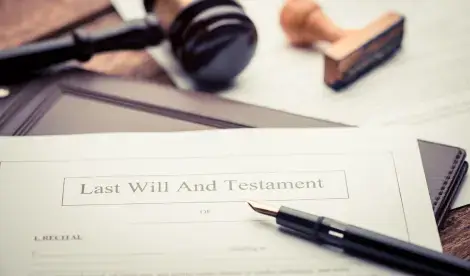Generous gifting
With many people feeling the effects of the steep rise in the cost of living, those who have built surplus wealth might be considering helping younger generations with financial gifts this Christmas. This may be as part of a wider inheritance tax planning strategy, or simply passing on some wealth or assets to the next generation. There are several things to consider before you make these gifts.
Gifts to spouses or civil partners are usually tax-free, but not to unmarried couples or cohabitants. Your spouse or civil partner must also be domiciled in the UK for this exemption to apply otherwise there is a limit on the exempt amount that you may give.
Gifts to charity are also exempt and will not incur any inheritance tax liability on your death.
Gifts to other family members or friends will usually be excluded from your estate for inheritance tax purposes if you survive seven years after the gift is made.
There is an annual exemption for inheritance tax of £3,000 which can be rolled over for one year, so the exemption in the 21/22 tax year could be doubled to £6,000 in the 22/23 tax year if previously unused. This gift may be made to one person or split between several people.
You can also make unlimited small gifts of up to £250 per person but you cannot combine this exemption with any other exemption used for the same person and the key point is that it is a maximum of £250 per person. If a person receives more than £250 in a year, then the small gift exemption is lost for the year.
There is a larger gift exemption if you are making a gift in relation to a wedding. The exemption covers £1,000 for a wedding gift which increases to £2,500 for your grandchildren or great-grandchildren and £5,000 to your children.
Another exemption covers gifts out of income. This allows you to make unlimited gifts out of surplus income. You must still be left with sufficient income to maintain your usual standard of living and the gifts must be part of a regular pattern of giving. Record keeping is essential, but this does mean that those with surplus income can gift larger sums of money which may not incur any inheritance tax liability on death. If this exemption is something you are considering, then the best thing to do is seek expert advice to be sure your executors are able to claim the exemption on your death.
A key point to remember is don’t retain a benefit from any gift you make. If you do, then the seven year rule will not apply, and it’s likely that the value of the gift will form part of your estate for inheritance tax purposes.
If you are considering larger gifts this Christmas, please contact us for advice.
Share this article
Email Chantelle
This site is protected by reCAPTCHA and the Google Privacy Policy and Terms of Service apply.
Related news and insights
Subscribe to our newsletters
Our complimentary newsletters and event invitations are designed to provide you with regular updates, insight and guidance.
You can unsubscribe from our email communications at any time by emailing [email protected] or by clicking the 'unsubscribe' link found on all our email newsletters and event invitations.
This site is protected by reCAPTCHA and the Google Privacy Policy and Terms of Service apply.














